Travel as a student and graduate with NO DEBT! How?
Let me share the 15 practical ways that helped me travel with ZERO debt while studying as a college student and allowed me to graduate debt-free!
When I was a STUDENT, I traveled to a total of 23 countries with NO student loans and NO personal debt while still in college. Fortunately, besides my undergrad, I also graduated with Pharm.D (Doctor of Pharmacy) and MBA (Master of Business Administration) with ZERO DEBT, all while traveling the world during school breaks, and any time opportunities presented themselves, I’d travel!
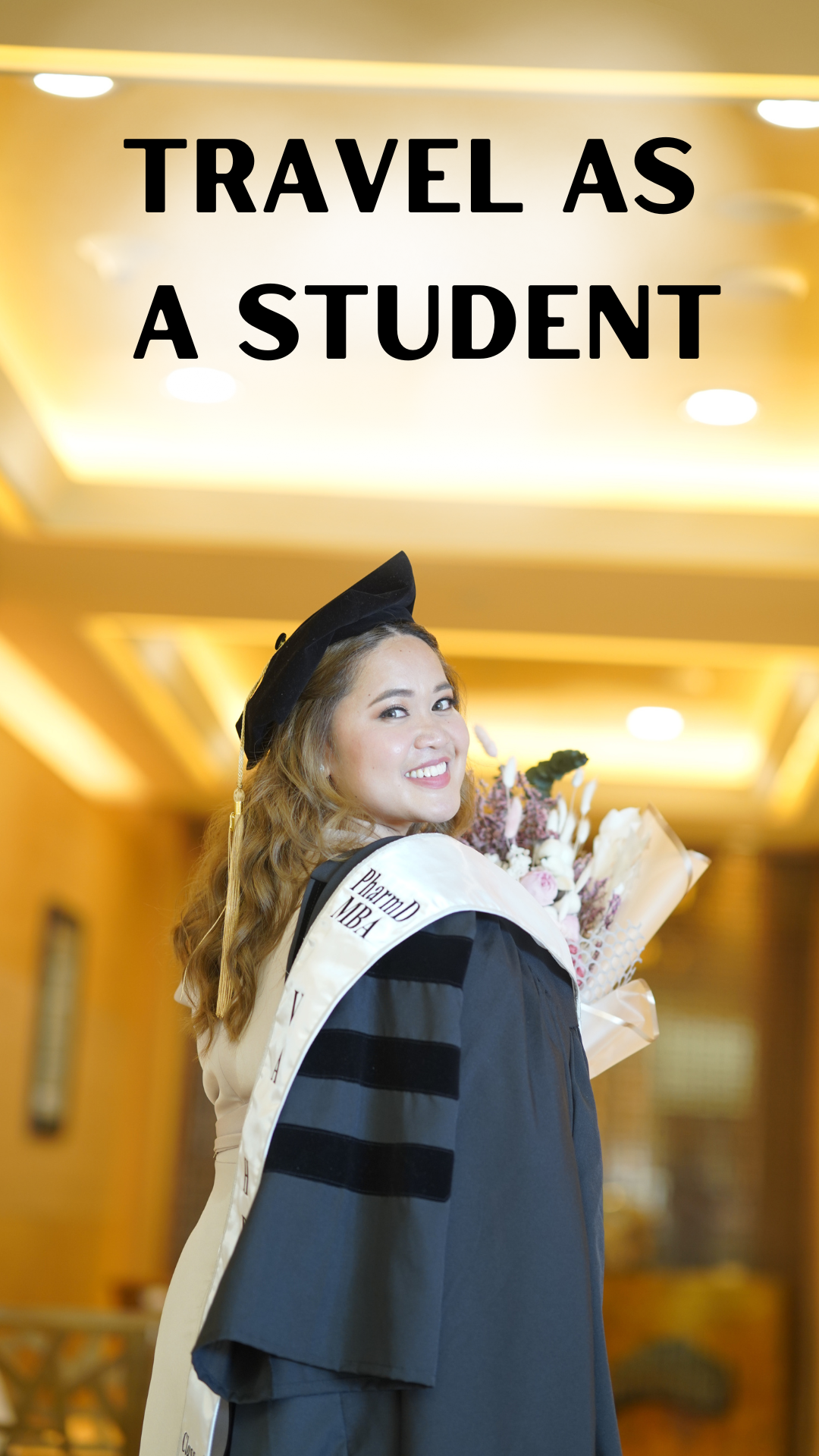
I finished an undergraduate and dual degree from graduate school with a GPA of 3.9 —and a debt burden of 0.0. After graduate school, I left the U.S. and traveled even more for almost five months abroad. I used my savings from scholarship stipends, tax refunds, and part-time jobs during college to help fund my travels.
All in all, I traveled to 35 countries/world flags/destinations in my 20s with 4 degrees (all tuition-free) and NO DEBT.

I hope this post will help you spark wise and creative ways to travel as a student during your college years to see the world while pursuing your academic goals with guaranteed NO debt after graduating and a bonus option to travel even MORE after college.
This post is about how to travel as a student.
Travel as a student – How to save money for travel?
I will share 15 practical tips I learned and practiced in my 20s that may also help you travel while studying and save money for travel.
Please note my tips are what I learned and practiced over the years in my 20s. These practical tips are my learned saving methods that worked for me and allowed me to travel and graduate debt-free. Please keep in mind, that these practical ways may not necessarily work for everyone. However, I still hope you will find them helpful. May they inspire and encourage you to take action to save, travel, and graduate debt-free.
1. Be a working student – have part-time jobs while in school
It’s all about establishing a routine, momentum, and managing yourself and your time. And with energy and focus, it becomes possible.
In order to travel as a student, I have been a working student since I was 16 years old. However, I started having two jobs when I turned 20.
Of course, my priority was school, but I also used my time wisely because I wanted to save money to travel. Before graduate school, I worked full-time Monday to Friday and had another part-time job on Saturdays while taking college classes. Then, when I started pharmacy school, I had a part-time job on the weekends and another paid job (sometimes) on weekdays in research.
It’s pretty challenging, particularly in the beginning, but trust me once you train your body and mind on a set routine, you’ll eventually build momentum, then it becomes automatic and you’ll feel more productive. If you can handle and manage being a working student, you WILL save money for travel.
2. Find, apply, and receive scholarships with monthly stipends. Find grants/opportunities/options to avoid student loans
How to pay for college without loans
Do your research, ask around, and be open-minded. Deplete all your options and resources before giving up. Keep seeking opportunities that will benefit you in the future.
The money you’ll save with the monthly stipend given when granted a scholarship that comes with it will add up if you budget your expenses wisely. Thus, you can save and use what’s left for traveling.
That’s what I did with mine that allowed me to travel as a student.
I was blessed and lucky to receive scholarships and graduate debt-free, but it was NOT an easy process. It’s very competitive and difficult to stay persistent, but it’s ALL worth it.
When I was a student I did some Google searches and asked around. Still, honestly, most of my successes consist of a combination of hard work, persistence, luck, and God’s gifts and graces — where I got accepted and granted scholarships were from the federal government (VA HPSP), DoD/military funding, and my college of choice. The VA HPSP scholarship required me to work for the federal government hospital as a pharmacist upon graduation to fulfill my service obligation as part of receiving their pharmacy scholarship. It has a great advantage as it provides a guaranteed hospital/clinic pharmacist job after graduation and 6 figure annual salary. I got really lucky as I got a “direct hire” as a pharmacist through the HPSP program and I telework/work from home 70-80% with the remaining 20-30 % based in the hospital.
For those who are curious and are considering applying to similar scholarship programs and related medical/healthcare fields, my GPA was 3.9 undergraduate. I also achieved a 3.9 GPA after graduating with my dual degree (Doctor of Pharmacy and Master of Business Administration specializing in Healthcare Management).
“Thinking in advance will help to take action NOW for your future.”
I have always been the type of person who thinks in advance. Before finishing high school, college, or graduate school, I always think “How NOT to have student loans?” “How to have a guaranteed job after finishing school?”
I was already searching, applying, and doing the work (even before I graduated) because I was determined to graduate debt-free with a guaranteed job afterward.
With determination, luck, and perseverance, my effort all paid off — my college education was tuition-free and I also received monthly stipends through scholarships. I feel very grateful and blessed that I could say it’s possible to make it happen because I didn’t give up. It also helped that I had (A, B, C, D) plans in case something didn’t work out, I had backup plans.
“Learn to be practical, not waste time and take opportunities as they come”
Furthermore, I was practical at a young age, I didn’t mind and it was NOT important to me to attend prestigious, well-known, or expensive schools. Of course, it must be nice to put it on a resume and tell people you’ll meet in the future.
However, my mindset has always been, “As long as I don’t have student loans, that’s what matters to me MORE, I don’t want to have to pay or think about student loans after I finish school and start earning.”
For me, the quality of education and college experiences are important. However, I believe, a pre-requisite calculus class taken at an expensive university is still the same subject as the one taken at a community college. They may not be taught the same way or in a similar environment, but the learning objectives and course are the same and lead to college credits when completed.
At the end of the day, do and choose WHAT MATTERS MORE to you.
“Do a benefits vs risks analysis when choosing a path for your future”
I realized after graduating from pharmacy school, that ALL employers require you to be a “licensed” pharmacist but do NOT require or state pharmacists must have attended a particular/well-known/expensive university to be considered/hired. It may help you get considered when the hiring manager or chief of pharmacy reads your resume. However, once you’re hired, your “starting” pay grade/check is similar to your batch of new pharmacists who graduated from another school. Remember, student loans compound too. My point is, when choosing a university, ask what your reason/purpose for choosing it and what are the benefits and disadvantages. If the benefits outweigh the risks, it may be worth it.
3. Reduce your expenses
Other people will tell you to create a budget, figure out spending trends, and cancel/remove things you don’t need. If that works for you, you could do it that way.
However, I never do that because it requires time to do and manage. Instead, I always look at my credit card transactions to see/track my expenses/spending and figure out what is important to me. If they are NOT important, I’d stop buying or cancel them.
If important, instead, what works for me is when I pay for something, I keep in mind how much it costs and think of ways HOW I could reduce that.
For example, I think about my daily necessities as a student- rent, utilities, internet, food/grocery, transportation, hygiene products, laundry items, books, and school supplies.
Here are my practical tips that helped me reduce these expenses:
My money saving techniques while in college….
Rent, utilities, internet – having a roommate will help lower these costs
Food/grocery – cooking at home, meal-preps, packing lunches, eating out less, learning to make favorite meals and favorite Starbucks drink at home
Transportation – paying off the car early (so you’re not paying extra for interest), walking to work/school, finding good deals car insurance with student discounts, moving/living at places 7-9 mins away to commute (to save gas money)
Bonus tip: Try to be debt-free if you can. Being debt-free is really what allowed me to SAVE MORE and reduce my expenses. I took the “How to reduce cost at the next level” when I paid off my FIRST car at age 21, and bought another brand new car, and paid it in CASH at age 24 after saving up for it. That’s how I was so determined NOT to have a monthly payment. I have never had to pay interest on a car and credit cards as I always paid them off.
Hygiene/laundry products – buying in bulk or taking advantage of promo discounts/sales/deals. Make sure you look at the expiration dates. Most sale items expire earlier so choose/buy the longest expiration date. This is my practical way of stocking up, but getting good discounts if buying more.
Books and school supplies – I never bought brand new books except for lab workbooks that must be new. I recommend always looking online or visiting school sites for used books and deals. Buy school supplies including a laptop during the months of sales.
4. Give up things that are NOT important to you and that will NOT have a positive impact on you or will NOT help you in the long run
You must know your priorities if you want to travel as a student. If you can’t entirely give up something, you could minimize the costs or spend in moderation.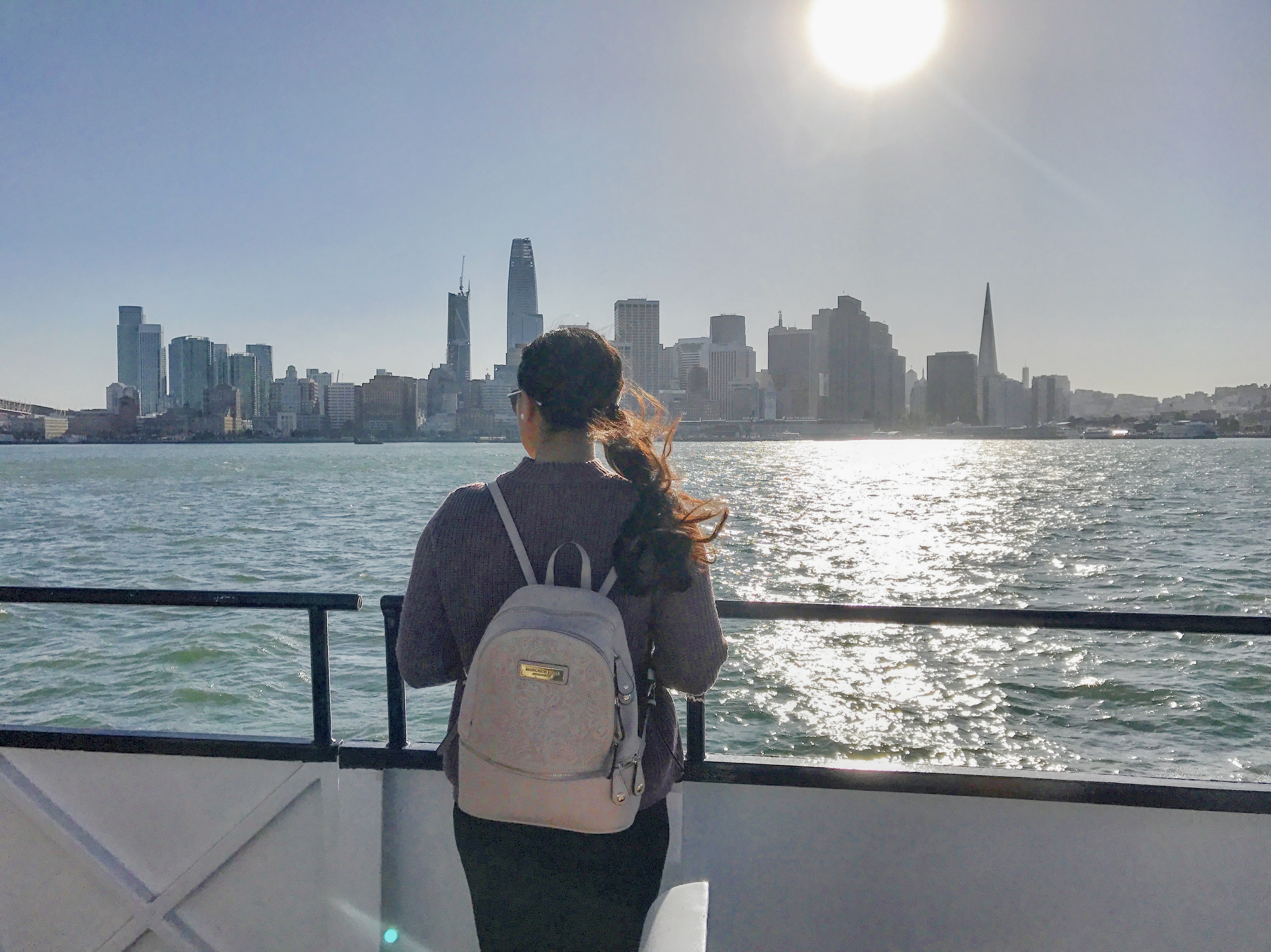
Here are ways to help reduce your spending on other things.
My money saving techniques while in college….
Strategizing your shopping
Clothing – buying summer clothes in the winter and shopping for winter clothes in the summer (lots of sales)
I rarely buy clothes without any discount. I always search and only buy if there’s a sale or discount. There are always discounts you can find online.
It took me time to learn that just because something is on sale doesn’t mean I should buy it. Even if something is on sale, if you don’t need it, that still makes it still expensive.
In my mid-20s, I learned to ask myself “How often will I use this? Do I need it? What occasions can I wear it?” If I can’t wear it for more than 3 occasions/events and it will NOT help me gain confidence, I will NOT buy it. I also learned through the years that I like white and beige color basic clothing that I could wear in multiple ways, styles, and seasons.
Redefining self-care and self-love
Beauty/salon maintenance – expensive/everyday make-up eyelash extensions, manicures, pedicures, eyebrows trending, hair color maintenance – I gave up all of these as a student. They’re NOT that important to me. Just because I gave up on these, didn’t mean I didn’t take care of myself or didn’t care how I looked. I did wear makeup on special events/occasions, but NOT every day.
For me, other important experiences made me feel good that I value more. What I consider self-care and self-love are eating healthy, quality meals, taking myself out, and traveling which give me peace, joy, experiences, and memories.
Focusing on investing in skincare than buying more makeup
Taking care of my skin helped me NOT to buy foundations, powders, concealers, etc. I did NOT spend a lot of money on make-up. I only buy basic make-up when traveling, but usually, I don’t use them often. Instead, I learned to take care of my skin by prioritizing and investing more in a good skincare routine.
Giving up watching T.V and canceling subscriptions and memberships you don’t need
Entertainment/subscriptions/memberships – I never had a TV in my dorm and apartment in my 20s. If I did watch TV, it was during the holidays with family at my parent’s house. My point is, that I never paid for cable or subscriptions because I don’t use/need them.
My sister shares her Netflix, Disney Plus, and Hulu subscriptions with me. However, I didn’t start watching Netflix until after I finished my PharmD & MBA classes since I had more free time. I usually watch shows on YouTube for free.
I also didn’t have to spend money on gym membership since I had free gym access from my previous work and university.
Bonus tip: Not having a TV saved me money, but it mostly saved me time because by not having one, I trained my brain to spend my time on other things that are more important and will be more beneficial to me in the future.
Bonus tip: Choose what you will be happy to remember. I’d rather spend my time with experiences like having nice, deep, catch-up conversations with family and friends, having a good laugh talking and hanging out with loved ones, and getting out there to travel than watch TV.
Minimalist mindset
Furniture – I never bought brand-new furniture except for my purple bed/mattress and frame/support, school desk, study chair, dresser, and dining stool.
I bought some of them on sale/discounted prices. It’s important to me to have a comfortable sleeping, study and eating area.
I had a roommate for almost 3.5 years (lucky – the place already came with most furniture). However, I lived alone for 3 years while in graduate school all on my own without any other furniture except for what I needed for studying, eating, and sleeping and storage (2 dressers).
I survived with only what I needed. The only expensive piece I had in my apartment was my purple mattress bed and frame since I love sleeping. I don’t mind spending more on where I rest and spend most of my time.
5. Search and practice life, student, and travel hacks that work for you
Honestly, I learned some of the best life and travel hacks along the way as I journey my way through life. However, some of them I learned through reading articles/blogs and watching YouTube videos.
Practice wise decision-making
I recommend before you buy something expensive, develop and practice a good decision-making method that works for you. For me, I can share that what always works is to give myself as much time as I need to research and find ways how to save money on the “big purchases” (car, travel, house, etc) and if there are incentives offered/available. Through research and talking to people with experiences, I consider all of that before I decide if something is worth buying or not.
Use credit cards with rewards (cash back, points) and pay them on time to avoid interest.
The best travel hack that I learned as I was traveling is by signing up for credit cards with reward incentives, spending $3-4k within 3 months to meet the required spending, paying in full monthly to avoid interest, receiving the incentives, spending it on travel, and then repeat (mostly when I plan to travel). Of course, I only signed up for a credit card when I know, I will be spending $3k+ within three months and that’s usually when I make big purchases such as my travel flights, hotels, tours, activities, etc. Then, I also use that credit card ( without foreign transaction fees) to pay for food, shopping, transportation, and other expenses while traveling.
Gain insights from experienced people what they wish they would have known sooner or would have done differently.
The best life hacks I learned are always searching and reading about “What I wish I knew in my 20s, 30s, 40s, etc”, and “What I wish I knew before traveling, what to avoid, how to maximize this and that, etc.” In addition, whenever I did a bible study with the retirees and seniors at a nursing home care facility, I asked them life questions specifically what they wish knew/did when they were younger, and what they learned from those experiences.
I love learning and gaining insights from people with more experience and people who wish they could have done things differently. Sometimes, I’d like to think of it as – I don’t have all the time in the world to make all the mistakes possible. So, if I could learn some of them now, isn’t it wise to know now than later?
Don’t pay in CASH
I’ve said it quite a lot here, but I rarely buy anything expensive without a discount or at least without getting any points/cash back on a credit card. I rarely pay in cash. I used my credit cards to gain rewards by spending, paying my balance in full monthly, and receiving cash back, points, or miles that I could use for travel.
Look for/ask for student discounts or first-time customer discount or other deals/promotions
When I have to buy something I don’t really need or just need it for convenience/comfort, I make sure I shop or buy when it’s on sale, and then I also make sure I get an additional discount for signing up or as a first-time customer or with a student discount whichever I could get.
I just don’t buy the sales price that’s already been reduced based on the store’s marketing strategy. I want to save more, so I find and add an extra discount on top of the sale/discounted price. My point is, as much as possible and allowed, I try to get double discounts.
In my early 20s, when I bought a brand-new car and paid in cash, I had $5,000+ in savings from discounts, incentives, promotional rebates, and some negotiation.
Only search for discounts/promo codes ‘at the moment’. Unsubscribe when necessary.
There are now accessible cash-back apps and coupons you can use – explore and find what works for you.
Don’t make a purchase just because a coupon was sent to you by mail or email unless you NEED the products (This rarely happens to me). I usually would search and use coupons “at the moment” while at a store or online shopping – BEFORE buying to save extra money.
6. Teach yourself to work hard, save hard, reward yourself, then repeat.
To appreciate your hard work, you have to reward yourself. To keep continuing to work hard and save more, you need to give yourself a break and time to enjoy life. How you spend that break, make sure it’ll give you the rest and energy you need.
For me, that’s traveling.
Experiences are important…
Experiences matter to me and that’s where I spend and enjoy my rewards to keep the momentum going – to motivate myself more, reflect on what I’ve done so far or achieved, look forward to what’s next to come, and plan for the future that gets me scared but excited at the same time.
I’ve been told by my family, friends, supervisors, and professors that I’m a self-motivated person. I’ve been asked quite often, “How do you do it?”
The secret…
To be honest, my secret to that is – I teach myself to work very hard, save very hard, then reward myself as much as I can —enough time to rest, recharge, and have serene peace and pure joy. It’s a healthy cycle I found that works for me and in order to travel as a student.
This is the cycle and my way of appreciating my hard work, myself, and life even more.
Do what is good for your mental health… always
It’s also what I learned and found to be healthy for my mental and emotional well-being – rewarding myself through traveling. Traveling is my first line of treatment. For me, it’s a 3-in-1 pill that gives me peace, happiness, and trust.
This reward method helps me save more by accepting and embracing delayed gratification for a while to save money. However, when I travel I get to spoil myself since I use traveling as my way to reward myself.
Know the power of delayed gratification = more-valued reward in the future
Isn’t it more fulfilling to finally get something you worked hard for, you’ve been waiting for, and you’ve been saving up for after overcoming the difficulties and delaying gratification? Isn’t the experience and feeling more rewarding than when you can easily get something or if it’s immediately available?
The value of experiences that are difficult to achieve would be a lot worth it and even priceless because these experiences can never be bought nor be taken away from you once you experience them yourself.
Your own experiences – they are yours, will be yours to keep forever, and will always be part of you, part of who you are, and part of who you have become.
What is the best way to appreciate something?
I believe the best way to appreciate something is first to experience being without it or less of it. Then, once you have it OR experienced it, the amount and level of appreciation you will have is enormous and even increases!
Just imagine always eating your favorite meal or ice cream every day, it’s true in the beginning it feels good and tastes good, but eventually, it gets a bit bland and feels boring (just like anything in life in the beginning) You’ll eventually want to try something different and new.
My point is you won’t truly appreciate a “good” meal, a “good” ice cream, or even a “good” family quality time “if you can always have it”.
Sometimes, absence, saying no, and delayed gratification – are all good ways to help us appreciate people, things, situations, and options even more.
Learn the power of diligence, appreciation, and experiences. Allow yourself to embrace the “not now” because you have it in your mind and heart that when the time comes, “The money I didn’t spend now, will be worth so much more in the future.”
7. Do an internship or clinical rotation abroad if your university offers it.
If you are a health professional student with internship and rotations requirements as part of your medical/health professional program in order to graduate, consider pursuing an international placement so that you can travel as a student.
To complete my pharmacy school rotation requirements, I chose to do one of my Advanced Pharmacy Practice Experiences (APPEs) abroad. I ended up doing an international rotation in Guam.
As I was in pharmacy school, my university offered a few international/global clinical rotations as a research elective. I got accepted to a pharmaceutical research university with an affiliated government hospital abroad in India, but I had to cancel due to other priorities/opportunities and the pandemic.
Unfortunately, there was still an ongoing pandemic at that time. So it’s still NOT recommended to travel overseas. However, if the time and situation allow it, I would have taken advantage of clinical rotation abroad to have the chance to travel as a student and gain new experiences and insights!
8. Choose a course with opportunities for international seminars and corporate landscape tours.
Some programs at universities offer international seminars or conferences as part of their curriculum to meet graduation requirements.
When I got accepted to my MBA program, an international seminar was mandatory to attend and travel to the United Kingdom. From what I remember, the cost/fees were already added/as part of the MBA tuition. Unfortunately, due to the pandemic, we were one of the classes that did not experience traveling abroad as a cohort. It definitely would have been a unique opportunity to travel as a student.
My suggestion:
When planning to pursue a major or a program that interests you, research and look for opportunities for international seminars, conferences, or corporate tours that come with taking the program/course. It’s a great opportunity for you to travel as a student while in college!
9. Pursue an educational program/study abroad
Consider taking courses or programs out of the country to have opportunities to travel if your university offers/allows you to study for a semester abroad as an elective (and it’s creditable).
If you want to travel as a student long term, then, perhaps studying abroad may be your best path. It may even help you save money depending on which country you choose to study. It’s best if you can get a scholarship like what I did. If this doesn’t work out for you, I also know people from America who choose to study in a foreign country for experience, travel and to save money on tuition fees.
I recommend at a young age to have a different environment and learn to be independent away from home. The amount of growth, independence, travel, and opportunities starts as soon as you take the risk.
I’m glad and thankful I studied in 2 different states in the United States. I moved from Guam to the mainland (America) to pursue my college education. Since my senior year in high school, I planned to study in the mainland (America) through scholarships. Thankfully, it all worked out as I was able to travel as a student to different states and nearby countries around the U.S.
Since I finished graduate school, I had no regrets moving away from home to pursue higher education.
Of course, it was hard being on my own and living in an entirely new place, new environment, new people, and new everything where I did not know anyone. However, it’s worth the sacrifice because of the growth, freedom, independence, and life experiences I gained that allowed me to travel as a student. I have lived in 4 states in the United States including the state I currently live in now, but Guam will still be the place I call home.
10. Automate your earnings, savings and investments
Set up your paycheck direct deposit where your chosen percentage goes towards checking and a certain amount goes to savings/investments. You could also do it a different way. You can set up your bank account to automatically transfer a certain amount of money from your checking to your savings/investments account biweekly or monthly, depending on how often you get your paycheck.
In order to travel as a student, you must be smart with your money. Putting your money into a high-interest savings account or money-market fund account to park your cash for the short term can earn you more interest.
Don’t forget to automate your investments.
The younger and earlier you start, the better. You can set up your employer’s account where your chosen percentage goes towards your retirement automatically. Furthermore, set up an investment account with an investment management company and automate monthly investment a few days after you get paid.
11. Sell your things that you don’t use and want anymore
Sell what you don’t need, what you don’t use, what you don’t want anymore, or simply things that don’t spark joy to have extra cash and save more money for travel.
There are apps, local stores, and online stores where you can sell your things. Rather than selling individual items, you may want to consider searching for a store that would take it all and give you cash for it. It’s also a good way to declutter to keep what you only need and let go of what takes up space. It could give you more space in your place and peace of mind as you have fewer things.
12. Consider graduating early and taking a gap year or months to travel the world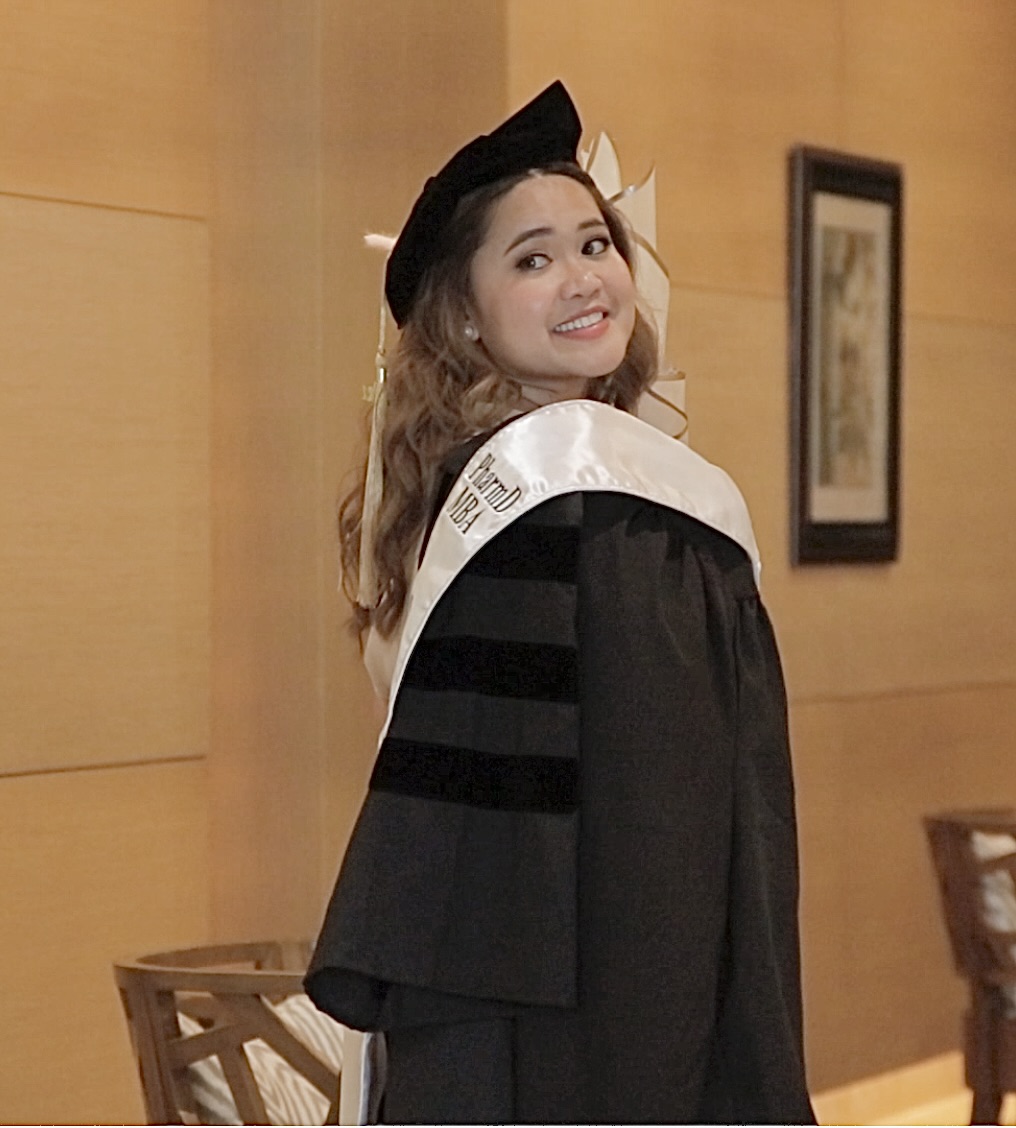
I graduated early when I finished graduate school (PharmD/MBA). Then, I traveled for almost 5-6 months abroad. I am thankful I did because I had always wished I had taken a gap year before going to college to travel the world. However, I didn’t have much money saved up that time before starting college. So, I made it a goal to travel while in college and continue traveling after graduate school.
Graduating early is probably one of the unrealized money-saving strategies for students. Why?
Graduating early can save you money – reduced tuition costs, lower living expenses, savings on fees, books, and other school necessities.
And my favorite benefit of graduating early? GIVES ME MORE TIME to experience traveling in my 20s
So, if you can find a university or accelerated school or program that will allow you to graduate early, you may want to consider it.
Life is about trade-offs. Unfortunately, we can’t have it all at once.
Make sure to think about it carefully. I know a few people who wished they did NOT graduate earlier during their 20s because they feel they missed out on some college experiences. Just like anything in life, there are opportunity costs and trade-offs when it comes to the choices we have to make. So, choose the one that is more important to you, and when you look back years from now you won’t have any regrets!
13. File your taxes and use your tax refunds to help pay for food, books, other school expenses and travel
Did you know? “Students can get money back when they file taxes. It’s time to tell them about it.”
Yes, I filed taxes as a student and I used some of my tax refunds for travel. Read this article to learn more.
14. Learn to be independently responsible. Be free, but ensure to do it responsibly and safely
People often asked me “How do you afford traveling so much”? My simple answer has always been “I saved up for it.”
Unfortunately, not many people further ask how because I figured NOT many people are willing to do the extra work to earn money. Most students I know while in college are also NOT willing to give up or reduce their spending.
Be accountable for your actions, develop self-discipline, and learn to resist distractions
During my early 20s, I noticed most people my age were partying, drinking, and eating out a lot.
There is nothing wrong with socializing, but one must do it responsibly and safely.
I enjoyed the music, friends’ company, and dancing in clubs during my 20s on special occasions and events ONLY NOT every weekend. I don’t drink (thankfully I never liked the taste of alcohol) so I learned to still have fun without it.
Fortunately, I did NOT spend that much money during college on going out/eating out a lot. My intention when I went out with friends was purely to spend time and have fun with them, enjoy some food, dance the night away, and take pictures. We didn’t go out and eat out every weekend.
My money saving techniques while in college…
Honestly, most of the time, how I had the most fun as a college student would be whenever I’d travel during school breaks or holidays. I tried so hard not to spend money while studying so I can save most of it when it comes to school breaks and time for travel!
Manage your finances wisely… Know what you can afford
Furthermore, I enjoyed eating out, but would only do it once or twice a month during my early 20s so I could save more money for travel.
Trust me when I say, that in my early 20s, I used to eat a lot of eggs because I didn’t have much money or at least I was trying to save money for travel. However, since I worked so hard in my early 20s, now in my late 20s making pharmacist pay, I can afford to eat a lot of seafood and save money at the same time.
Being independently responsible early in life leads to more options, greater freedom, confidence, and control over your life.
So, choose to live a lifestyle and buy things ONLY you can afford at the current stage in your life. Don’t let others or society distract you from your financial goals.
15. Don’t give up on your goals. Learn to manage yourself and your time.
Learn the ability to manage your own needs and desires and the ability to stay focused, determined, and persistent.
I made school, travel, and being debt-free my priorities. Since they are important to me, I did my best to find ways to make them happen by managing myself and my time. I also learned it’s important to persevere and not give up even when the journey gets tough.
Have and develop a structure, momentum, energy, and focus in your 20s to be better equipped to stay on course, stay persistent, and resist the temptation to give up despite the difficulties.
Persistence, even through small steps, is the key to long-term success.
Everyone needs luck, the universe, spiritual belief (God), and time to make goals work like how it was for me. However, I still had to work sooooo hard and take action to make things happen!
The power of the law of attraction + persistent actions
I found out and started believing in the law of attraction as I reflected on my travel and student journey because I have “always” thought about traveling A LOT in college and after graduation in my 20s, which I always ended up doing even if I did NOT plan SO MUCH TRAVELING. I also thought about becoming a “pharmacist” and pursuing business since I was 15. Surprisingly, I found out I actually wrote all those down, “save lots of money“, “travel the world“, and “finish pharmacist and business degrees” at ages 15 and 20. Little did I know that time and opportunities kept coming and happening because I was also “taking action” — working towards those goals with a “NO-giving-up” mindset.
Tip: This whiteboard helped me become productive and STAY ON COURSE and STAY PERSISTENT! It’s what I have been using all these years! It’s a must have in college to help manage yourself and your time.
*BONUS*
16. Monetize your hobby
Many people are making money by selling on Shopify.
Offer a service, product, or creative pursuit and start selling it. Sign up for a FREE trial HERE.
Consider turning your hobby into a profitable side hustle.
There are so many ways you can get paid for your creativity and talent. If you are good at photography, writing, teaching/tutoring, graphic design, yoga, and workout/training, you can make money with those hobbies!
You can also start a blog or create a digital or physical product to offer and sell on Shopify, Etsy and/or Amazon.
It will take time before earning money, but it’s a good idea to start now than later.
I did NOT do this early on in my 20s, but I wish I had done it sooner if I had more time. I recommend starting your creative work venture sooner if your situation and time allow it!
With every little effort and time, it adds up and compounds! So, the earlier you start the better!
Summary
In order to travel as a student, you must be willing to sacrifice, find ways and means to travel and practice being practical. Saving money as a student is very difficult, but it’s possible. You can make it happen when you build and establish good spending and financial habits that will have a positive impact to help you travel and graduate debt-free. Take action, be willing to work hard, practice reducing costs, and let go of things that will not matter to you 3, 5, or even 10 years from now. Keep a mindset that will help get you to where you want to be in life and establish habits that you will thank yourself for in the future.
Key Takeaways:
How to afford to travel in your 20s while in college
- Be a working student – have part-time jobs while in school.
- Find, apply, and receive scholarships with monthly stipends. Find grants/opportunities/options to avoid student loans.
- Reduce your expenses
- Give up things that are NOT important to you and that will NOT have a positive impact on you or will NOT help you in the long run.
- Search and practice life, student, and travel hacks that work for you.
- Teach yourself to work hard, save hard, reward yourself, then repeat.
- Do an internship or clinical rotation abroad if your university offers it.
- Choose a course with opportunities for international seminars and corporate landscape tours.
- Pursue an educational program/study abroad.
- Automate your earnings, savings, and investments.
- Sell your things that you don’t use and want anymore.
- Consider graduating early and taking a gap year or months to travel the world.
- File your taxes and use your tax refunds to help pay for food, books, other school expenses, and travel.
- Learn to be independently responsible. Be free, but ensure to do it responsibly and safely.
- Don’t give up on your goals. Learn to manage yourself and your time.
- Monetize your hobby
I hope you found these tips helpful and somehow sparked some ideas and inspirations for you. If you have any questions, I’ll be happy to help 🙂
What are some ways you save money in your 20s that you learn or do now that are NOT mentioned here? Please feel free to share! 🙂
Related Posts:
Where to travel when young? Find the best places to travel in your 20s

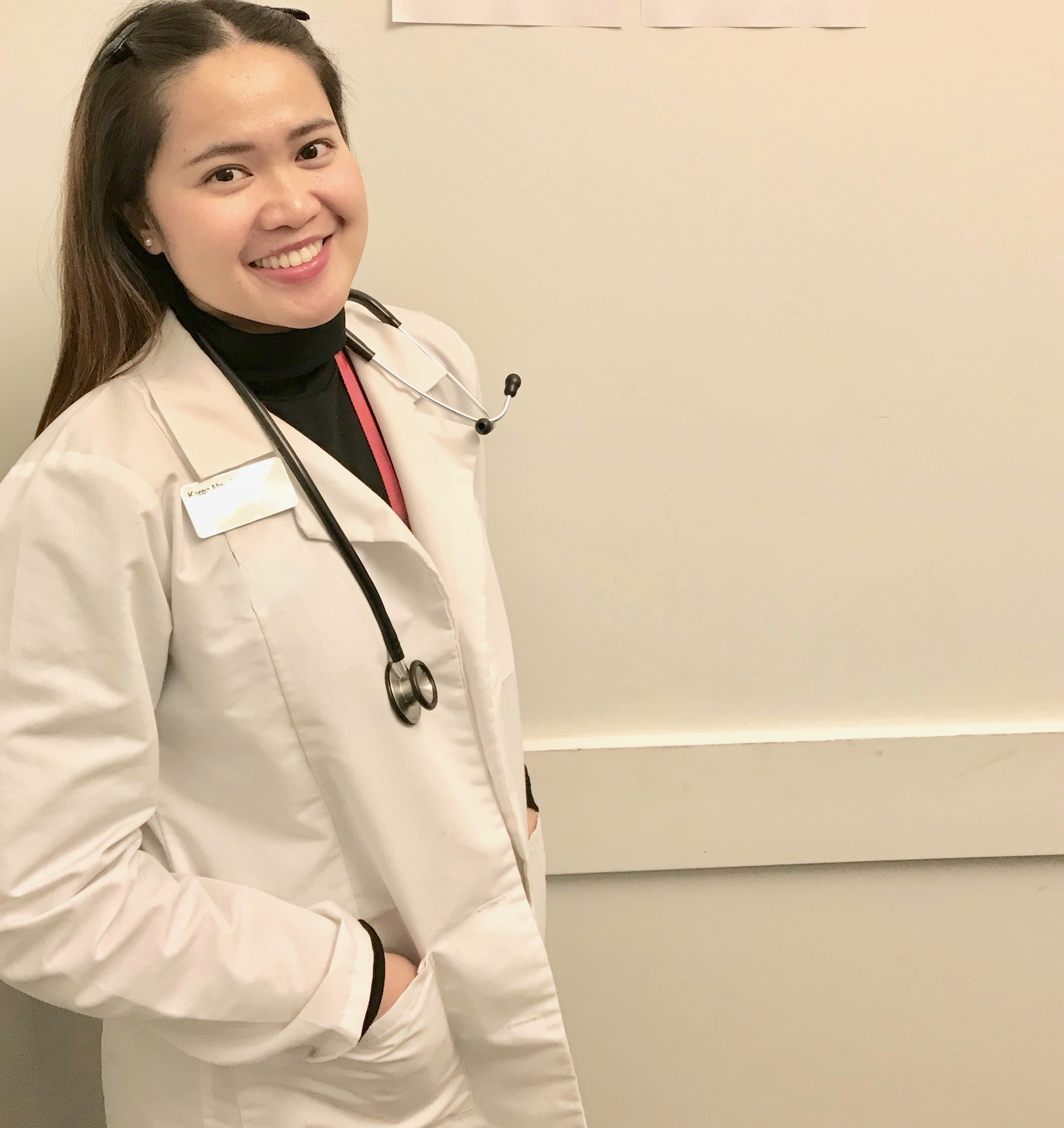
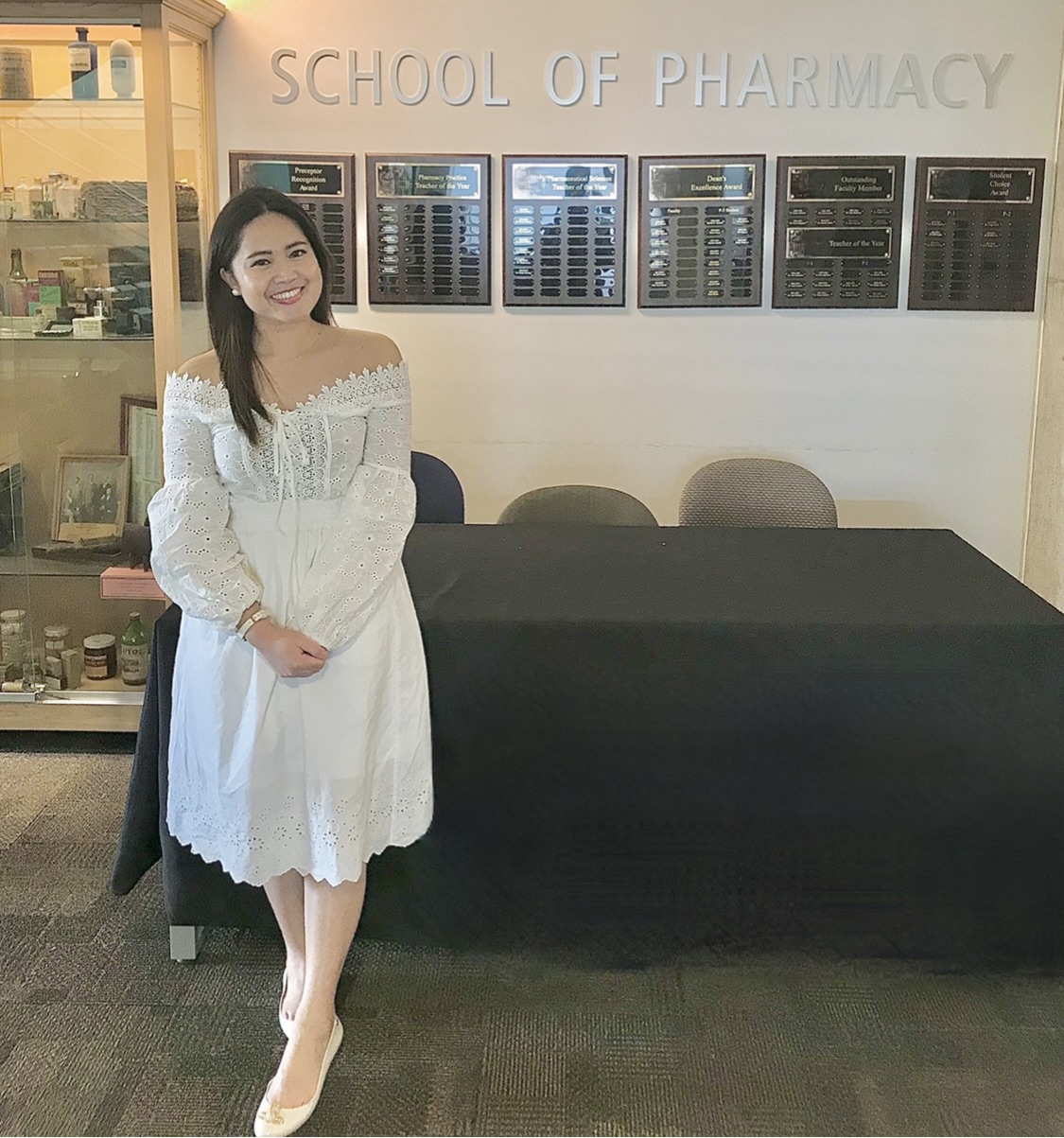
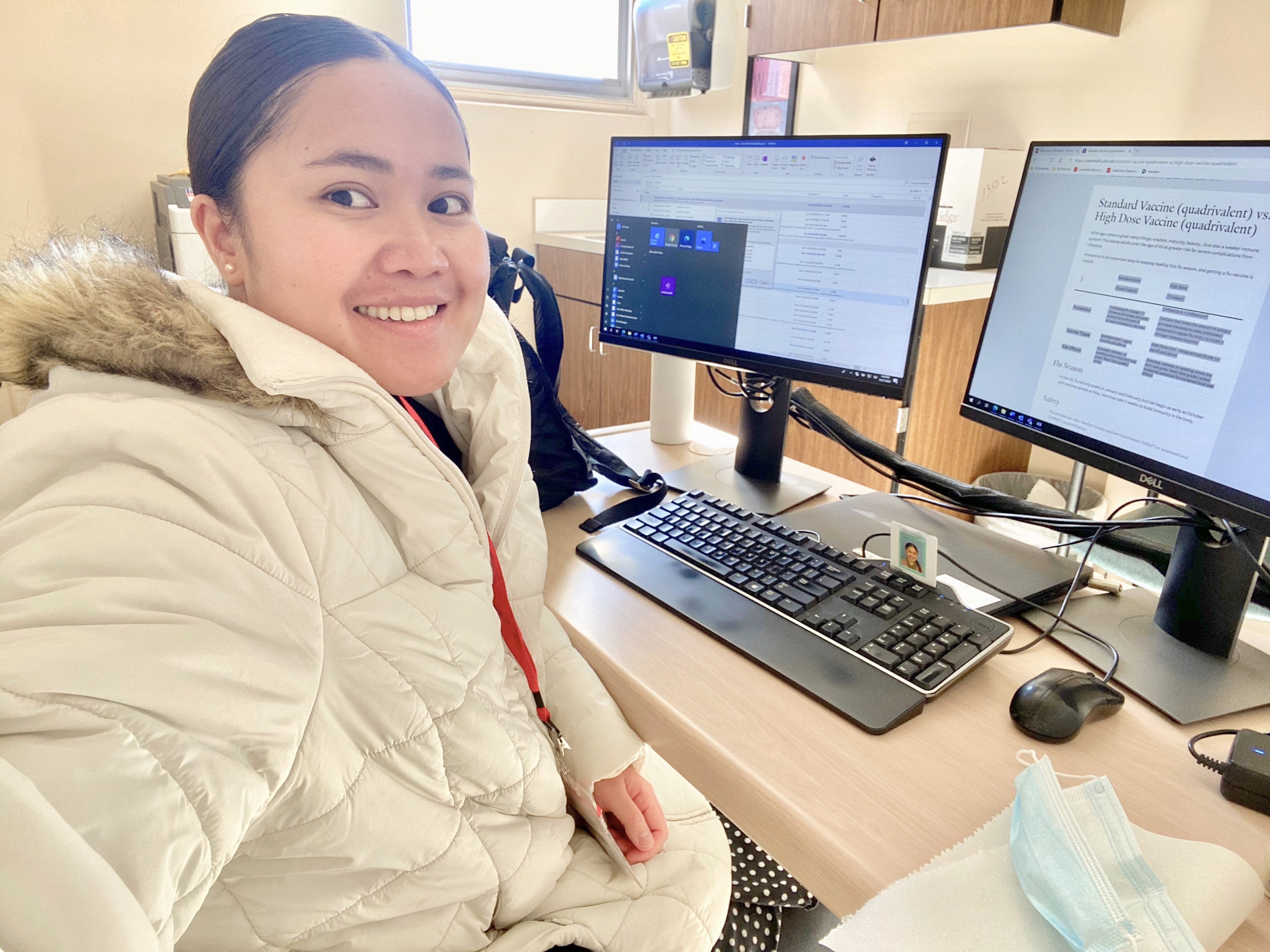
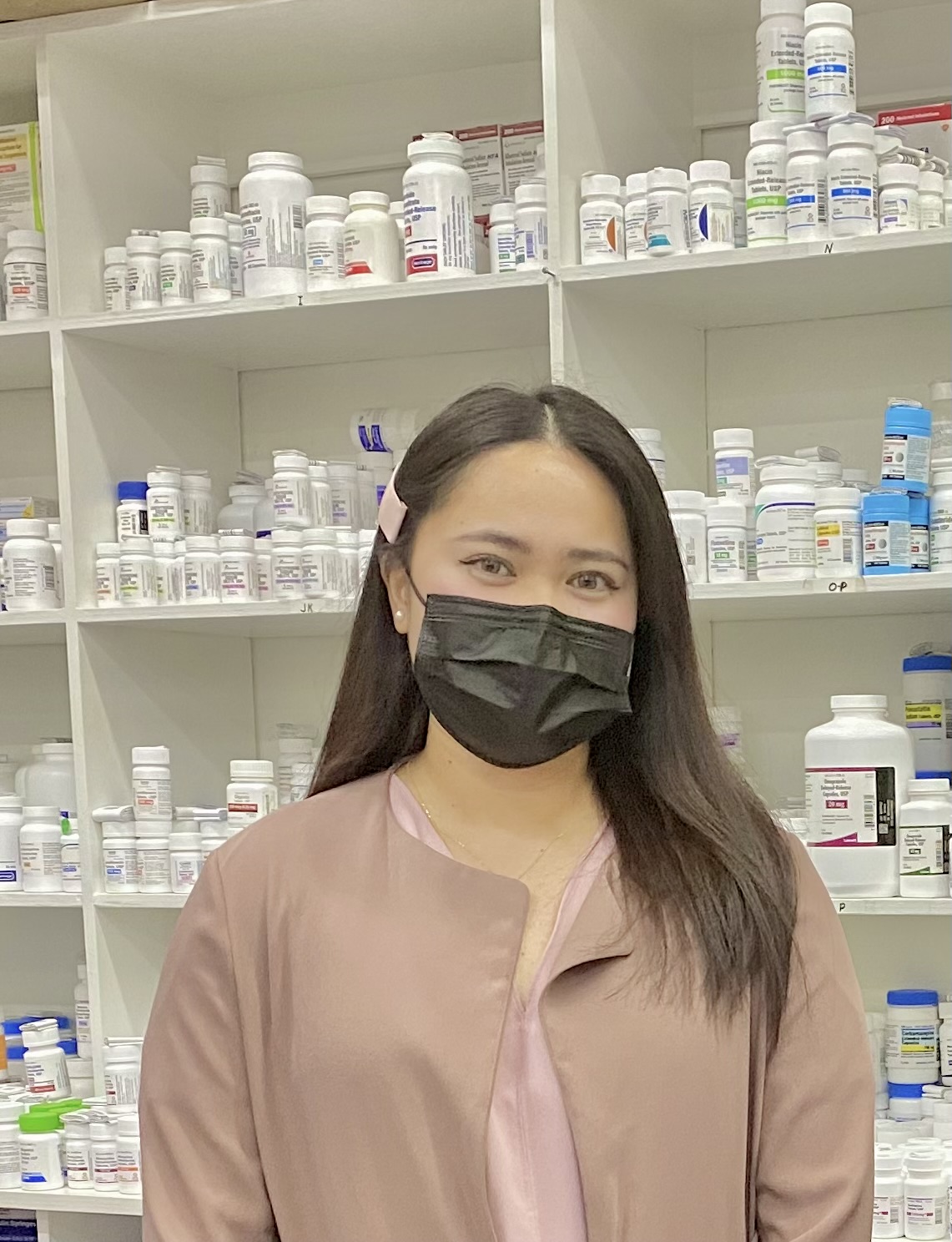
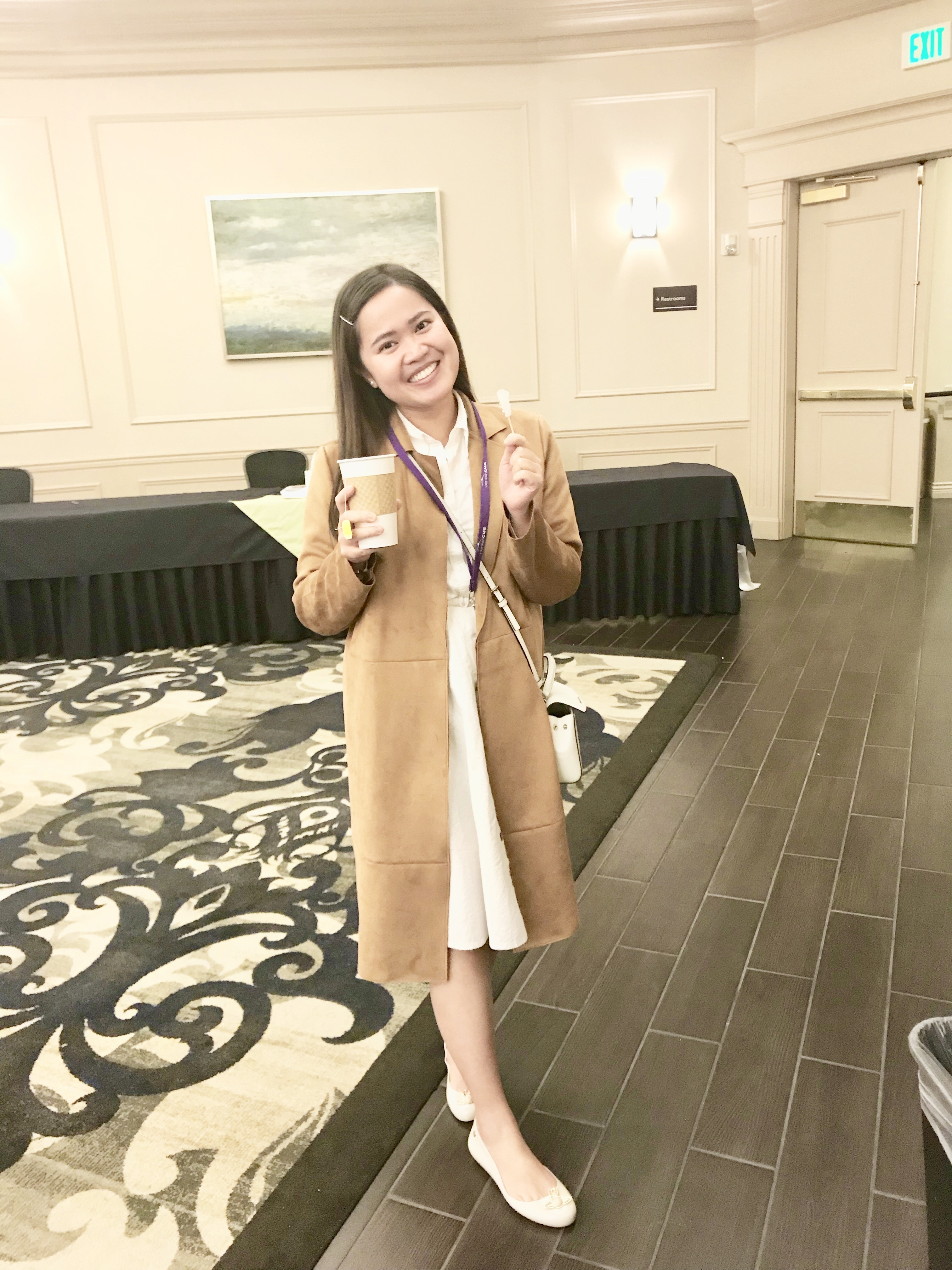
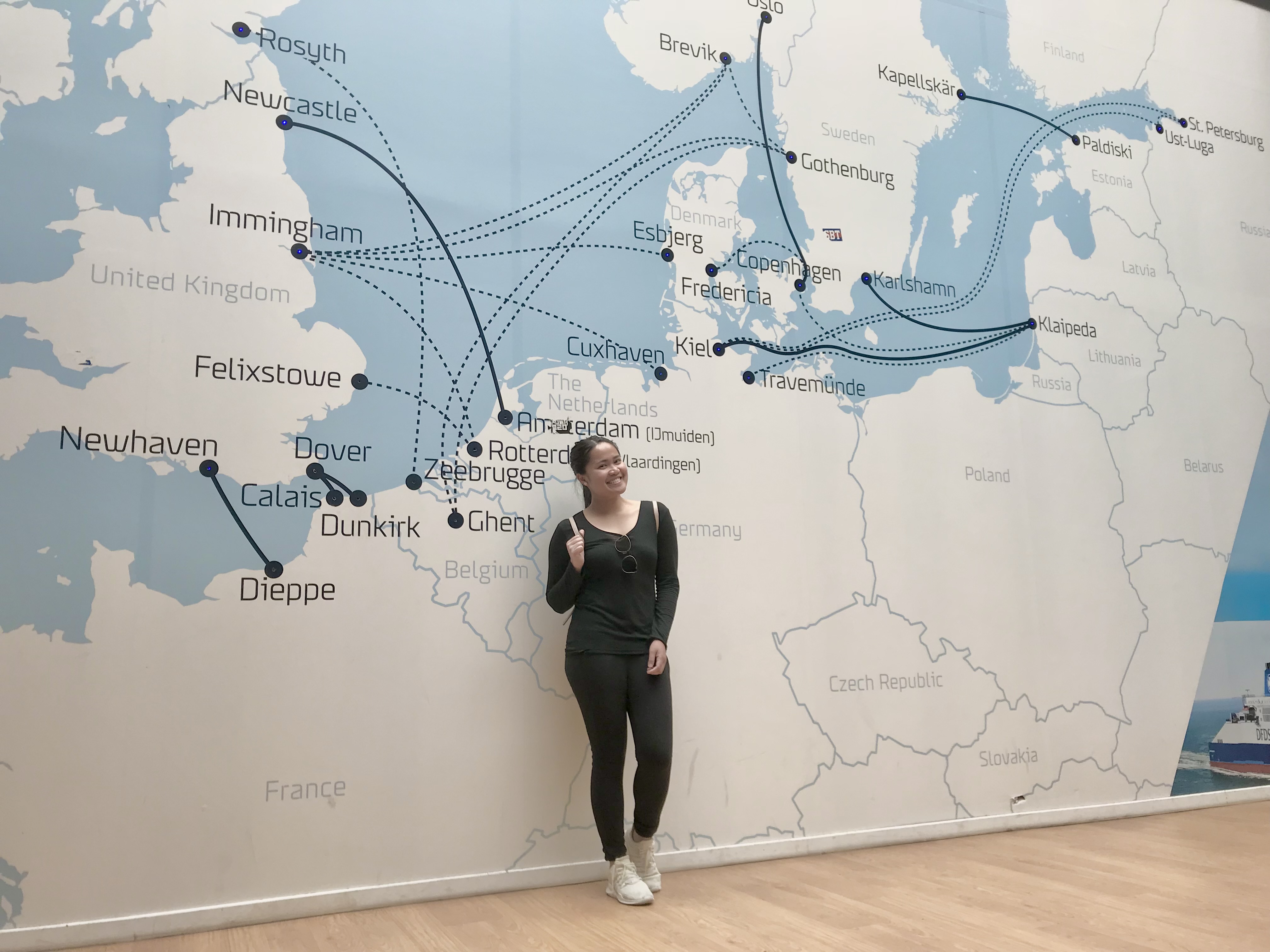

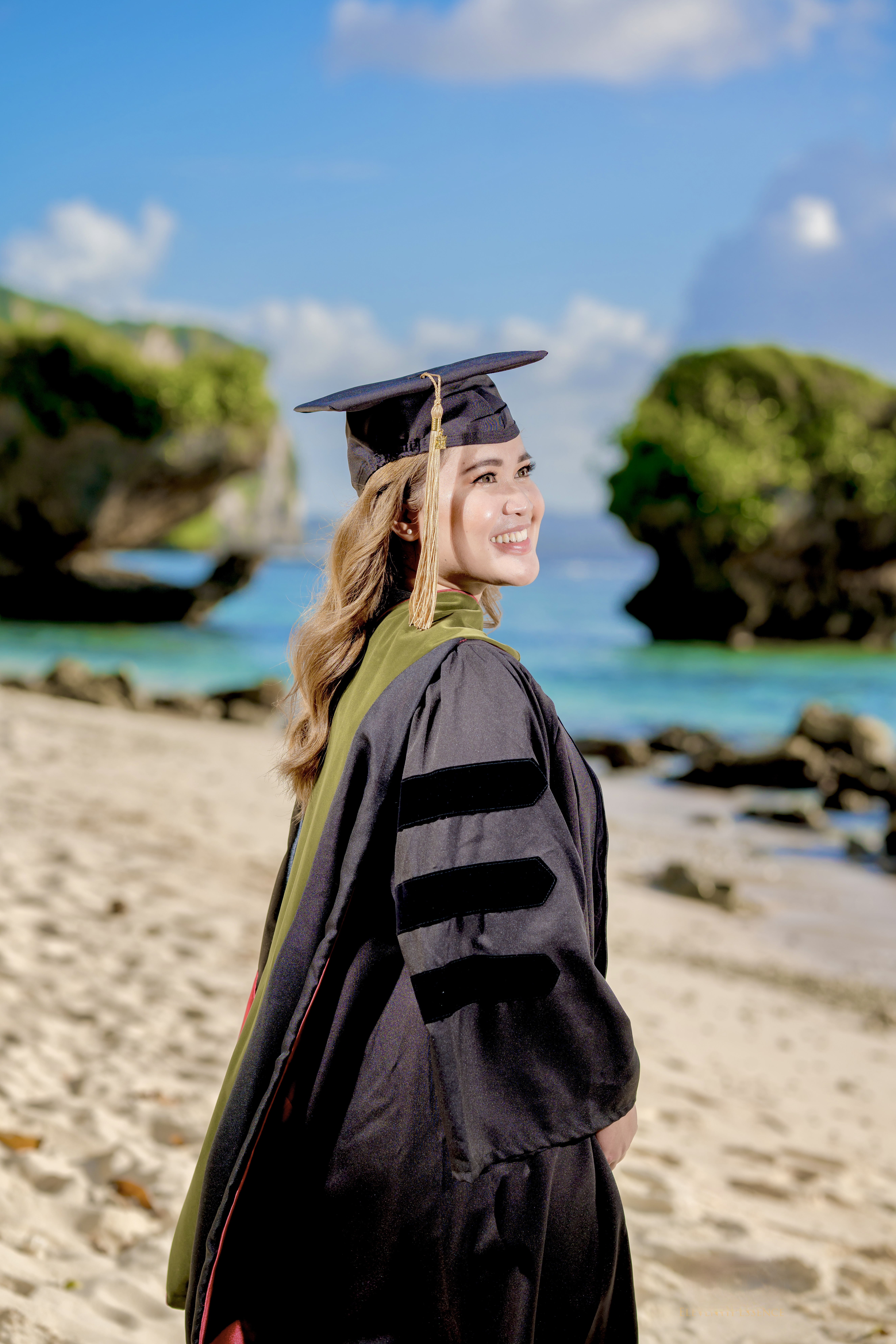
Leave a Reply